In a world where health trends come and go faster than your morning smoothie blends, it’s easy to overlook the quiet powerhouses that have been working their magic for centuries. While you’ve likely heard of mainstream wellness staples like turmeric, ginger, or echinacea, there’s an entire realm of lesser-known herbs quietly transforming lives across the globe. These botanical underdogs aren’t just old wives’ tales or exotic health fads—they’re rooted in ancient traditions and backed by a growing body of modern science. From fighting fatigue to enhancing brain function, balancing hormones, calming nerves, and strengthening immunity, these hidden herbs offer powerful, natural support for the body and mind.
What makes these 12 herbs so special? They’ve flown under the radar, often overshadowed by flashier ingredients, yet they hold remarkable potential for anyone looking to level up their wellness routine—without relying on synthetic supplements. Whether they come from the mountains of Asia, the fields of Africa, or the gardens of Europe, these herbs have been cherished for generations in holistic medicine systems like Ayurveda, Traditional Chinese Medicine, and folk remedies passed down through the ages.
In this guide, we’re unveiling 12 of the most underrated healing herbs that deserve a front-row seat in your health arsenal. You don’t need to be an herbalist to benefit from them—many are available as teas, powders, tinctures, or capsules, ready to easily integrate into your daily life. So if you’re tired of generic advice and ready to discover truly unique plant-based remedies, you’re in the right place. Let’s dig into nature’s lesser-known medicine cabinet—you might just find the missing piece your wellness routine has been craving.
1. Ashwagandha
Ancient Ayurvedic healers treasured this powerful adaptogen for its remarkable ability to help the body resist physical and mental stress. Modern research shows ashwagandha can significantly reduce cortisol levels—our primary stress hormone—while supporting thyroid function and balancing hormones naturally.
The herb’s name literally means “smell of horse,” referring both to its distinct aroma and the strength it supposedly provides. Many users report improved sleep quality, enhanced focus, and a welcome energy boost without the jittery feeling of caffeine.
Start with a small dose (about 300mg) and gradually increase as needed. Look for high-quality root extract standardized to contain at least 5% withanolides for maximum benefit.
2. Holy Basil
Revered in India as “Tulsi” or “The Incomparable One,” holy basil stands as a spiritual and medicinal powerhouse unlike common cooking basil. This aromatic plant helps your body combat everyday stress while supporting healthy blood sugar and protecting cells from environmental damage.
Monks have cultivated holy basil in monastery gardens for centuries, considering it sacred to the goddess Lakshmi. Its distinctive clove-like flavor makes it delightful as a tea, while its therapeutic compounds work silently to calm frazzled nerves and reduce inflammation.
For best results, enjoy 1-2 cups of fresh holy basil tea daily or take a standardized supplement containing ursolic acid and eugenol.
3. Gotu Kola
Elephants seek out this humble ground-covering plant in the wild—perhaps why it’s associated with their legendary memory and longevity. Gotu kola quietly improves circulation to your brain and extremities while supporting the formation of collagen for healthy skin and connective tissue.
Monks in ancient China believed regular consumption could extend life to 200 years! While that might be stretching things, research confirms its ability to strengthen blood vessels, heal wounds faster, and potentially protect brain cells from age-related decline.
Try adding fresh leaves to salads or smoothies, or look for standardized extracts containing at least 10% asiaticosides for cognitive support and circulation benefits.
4. Lemon Balm
Stepping into a garden with lemon balm growing is like receiving an instant mood lift from its bright citrusy scent. This gentle member of the mint family has been soothing jangled nerves and supporting digestion since the Middle Ages, when monks planted it near beehives to produce exceptionally flavorful honey.
Science has discovered lemon balm contains compounds that naturally bind to GABA receptors in your brain—the same receptors targeted by anti-anxiety medications but without side effects. The herb also shows promising antiviral properties, particularly against herpes simplex.
Grow this easy plant at home for fresh tea anytime, or look for standardized extracts containing rosmarinic acid for maximum calming benefits.
5. Schisandra
Imagine a single berry that manages to be simultaneously sweet, sour, salty, bitter, and pungent! This remarkable fruit from northeastern China doesn’t just dazzle taste buds—it supports liver function, enhances physical performance, and sharpens mental focus during stressful situations.
Traditional Chinese Medicine practitioners consider schisandra an exceptionally balanced herb that nourishes all five major organ systems. Modern athletes appreciate how it helps maintain energy without the crash of stimulants, while also supporting recovery after intense training.
The berries can be dried and brewed as tea, though most Westerners find the concentrated extract more convenient. Look for products standardized to contain at least 9% schisandrins.
6. Moringa
Gram for gram, moringa leaves pack more nutritional punch than almost any plant on earth. This remarkable tree from India and Africa produces leaves containing seven times the vitamin C of oranges, four times the calcium of milk, and twice the protein of yogurt—earning its nickname as the “miracle tree.”
During drought seasons in developing countries, moringa has literally saved lives with its ability to thrive in harsh conditions while providing essential nutrients. Its tiny leaves contain powerful anti-inflammatory compounds and may help naturally lower blood sugar levels.
The mild-tasting powder blends easily into smoothies or soups. Start with a teaspoon daily and gradually increase to experience its gentle yet powerful effects.
7. Nettle
Don’t let its prickly reputation fool you—once properly harvested and prepared, stinging nettle transforms from forest menace to medicinal marvel. This common weed contains a treasure trove of minerals, particularly iron, calcium, and silica, making it nature’s answer to seasonal allergies and joint discomfort.
Herbalists throughout Europe have long valued nettle for its ability to gently flush excess water from tissues while nourishing the kidneys and adrenals. The plant’s antihistamine properties can dramatically reduce sneezing and itchy eyes during pollen season without causing drowsiness.
Enjoy nettle as a mineral-rich tea (which tastes similar to green tea) or add young cooked leaves to soups and stews for a spinach-like nutrition boost.
8. Astragalus
Chinese physicians have relied on astragalus root for over 2,000 years as their premier herb for strengthening what they call “protective qi”—what we now understand as immune function. Unlike herbs that temporarily stimulate immunity, astragalus works deeper, building resilience over time like a loyal guardian.
Marathon runners and people recovering from illness particularly benefit from its ability to enhance stamina while protecting the heart. Research shows astragalus contains unique polysaccharides that activate immune cells and help the body resist stress.
Traditionally prepared as a decoction (simmered in water for 20-30 minutes), the sweet-tasting root can also be found in tinctures and capsules. For prevention, take consistently through fall and winter months.
9. Marjoram
Often overshadowed by its cousin oregano, sweet marjoram quietly offers profound healing benefits beyond the kitchen. This aromatic Mediterranean herb contains compounds that gently relax tense digestive muscles, making it perfect for soothing upset stomachs and relieving bloating after meals.
Greek physicians prescribed marjoram tea for headaches, while medieval herbalists valued it for respiratory support. The herb contains natural compounds that help thin mucus and open breathing passages during seasonal challenges—without the side effects of over-the-counter medications.
Keep dried marjoram in your pantry for cooking and tea. For digestive comfort, steep one teaspoon in hot water for 10 minutes, adding a touch of honey if desired. The pleasant pine-citrus flavor makes it enjoyable medicine.
10. Jiaogulan
High in the mountains of southern China lives a remarkable vine whose leaves contain compounds strikingly similar to those in expensive ginseng—earning jiaogulan the nickname “poor man’s ginseng.” Local villagers who drink it daily as tea have unusually high numbers of healthy centenarians, prompting researchers to investigate its longevity-promoting properties.
Studies reveal jiaogulan contains over 100 different saponins (compared to about 28 in ginseng) that help normalize blood pressure, enhance heart function, and protect cells from oxidative damage. Unlike stimulants, it provides sustained energy without taxing your adrenal system.
The slightly sweet tea has a pleasant taste with no bitterness. Start with one cup daily, gradually increasing to three cups for maximum benefit.
11. Ashitaba
Cut an ashitaba leaf stem today, and by tomorrow a new shoot appears—earning this Japanese plant its poetic name “tomorrow leaf.” This remarkable regenerative ability mirrors what it does inside your body, supporting cellular renewal and healthy aging through rare compounds called chalcones.
Farmers on the island of Hachijo-jima, where ashitaba grows naturally, maintain exceptional health well into old age. The plant contains high levels of vitamin B12 (rare in plant foods) and chlorophyll that support natural detoxification processes and energy production at the cellular level.
The bright yellow sap contains the most potent compounds. Look for whole-plant powder or extracts standardized to contain chalcones for the full spectrum of benefits.
12. Kinkeliba
Morning rituals in West African villages often begin with kinkeliba tea—a practice that supports liver health and gentle daily detoxification. This unassuming shrub produces leaves with an exceptional ability to stimulate bile production, helping your body process fats more efficiently while flushing out environmental toxins.
French colonists in Senegal quickly adopted kinkeliba, calling it “the health drink of the Senegalese.” Modern analysis reveals the plant contains powerful antioxidants that protect liver cells and support metabolic function—particularly helpful after periods of overindulgence or exposure to pollutants.
The pleasant earthy taste with notes of plum makes kinkeliba enjoyable hot or cold. For best results, steep the leaves for at least 15 minutes to extract maximum benefits.
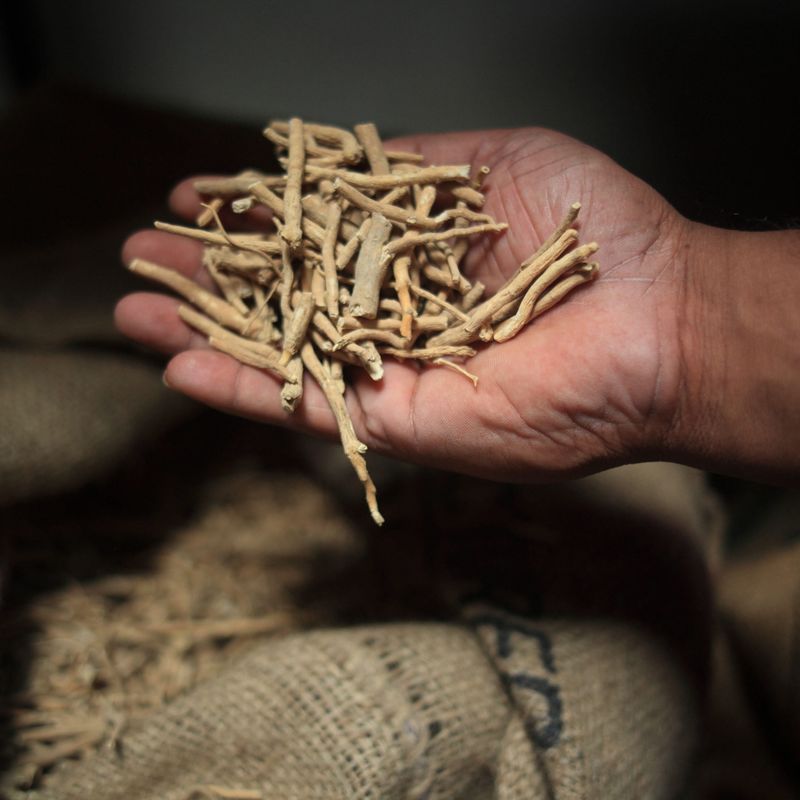

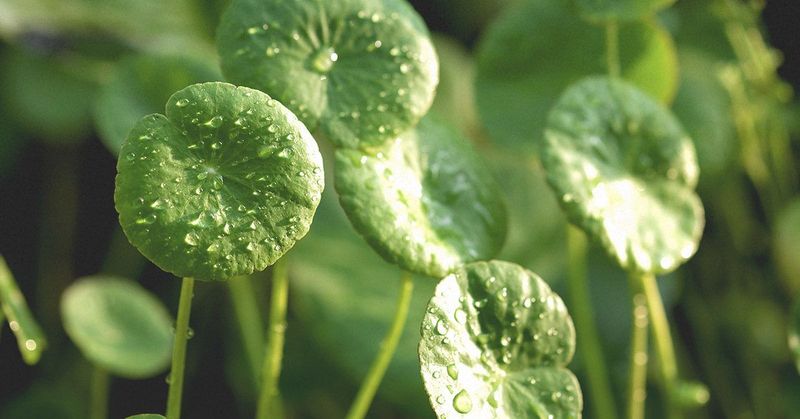
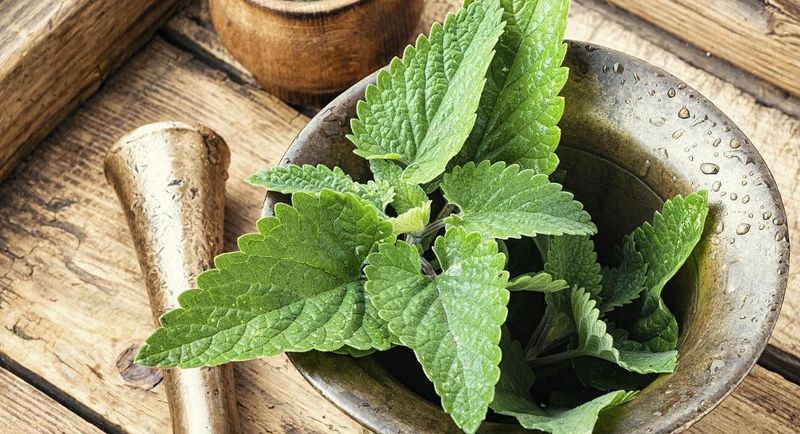
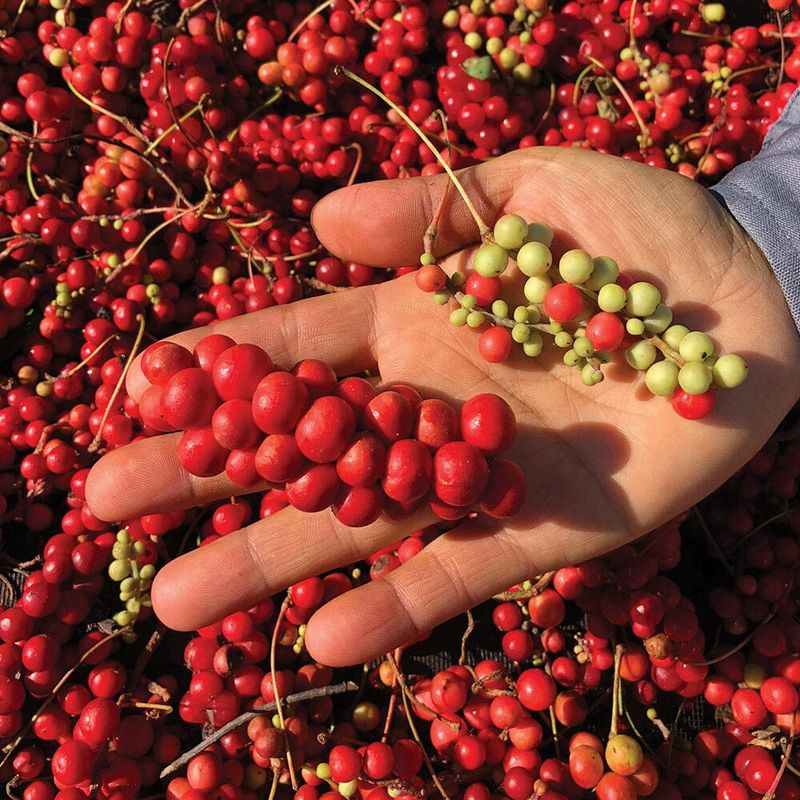
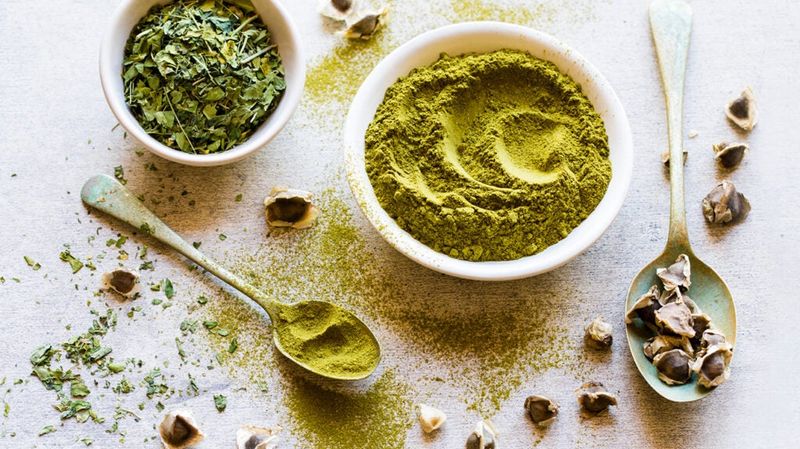
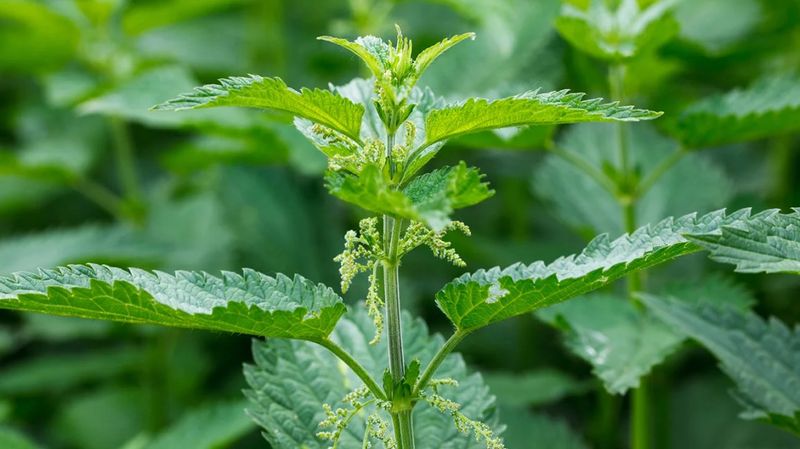
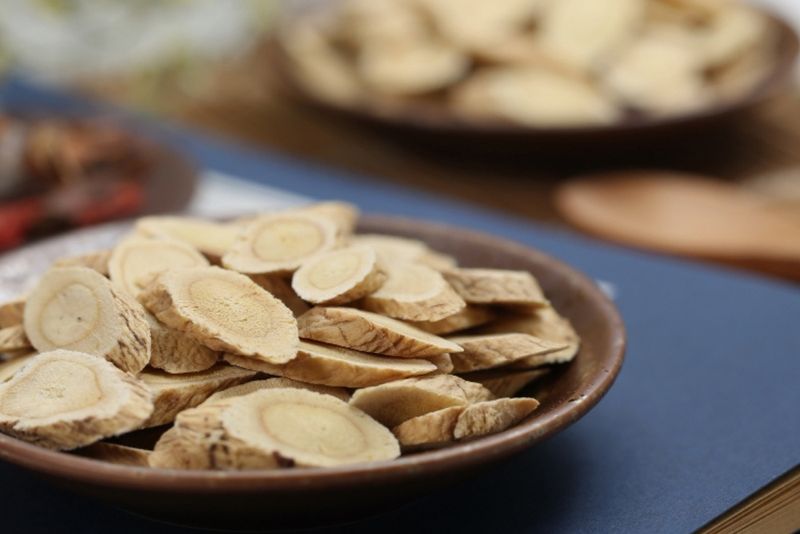
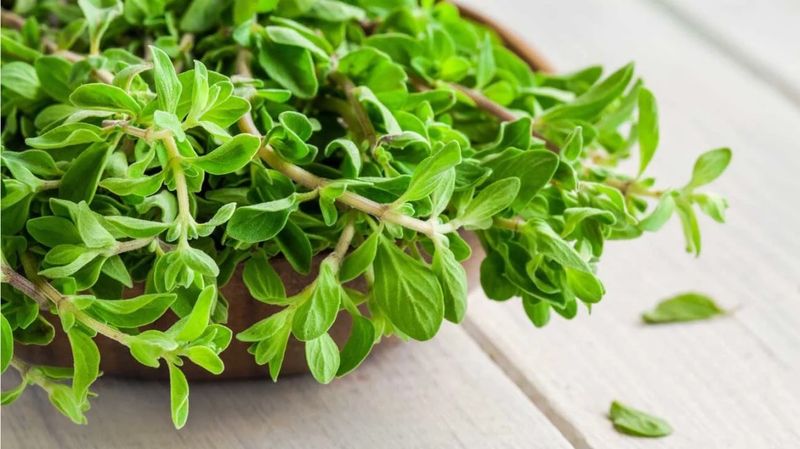
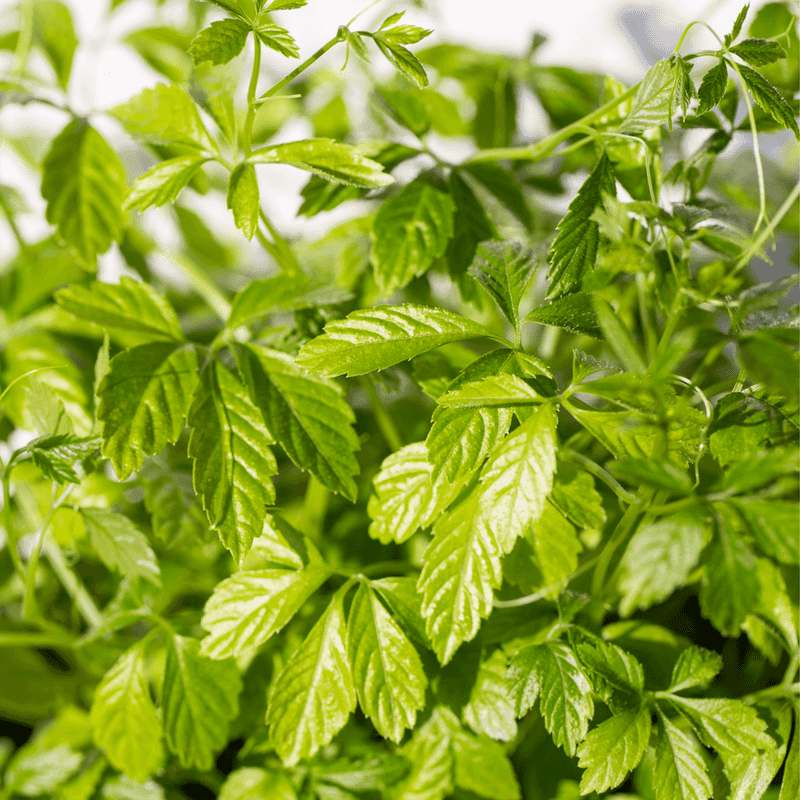
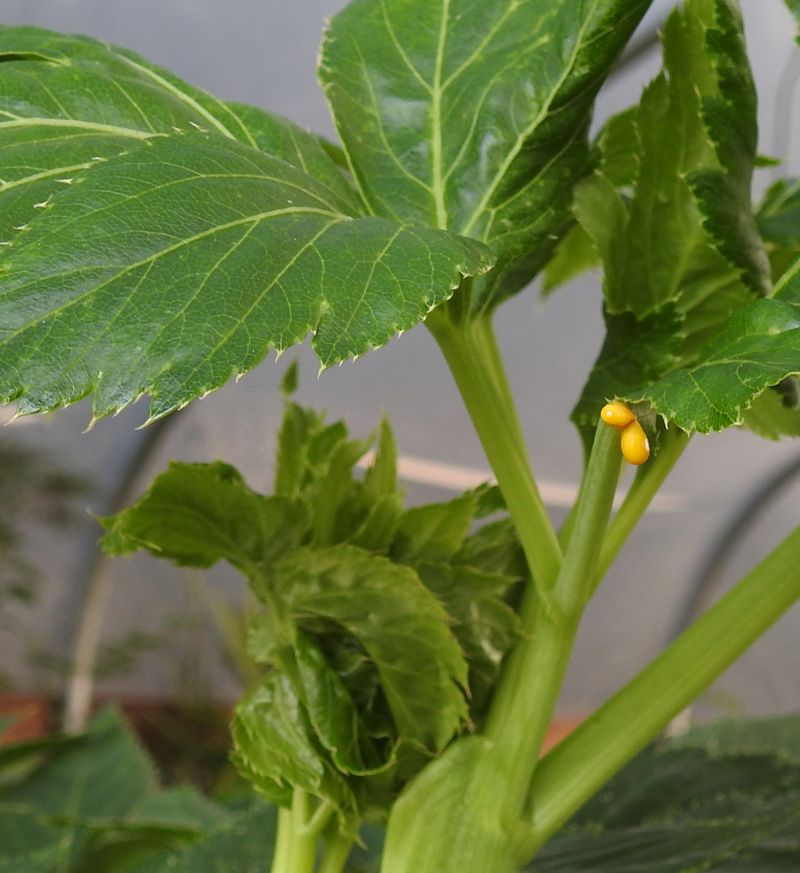
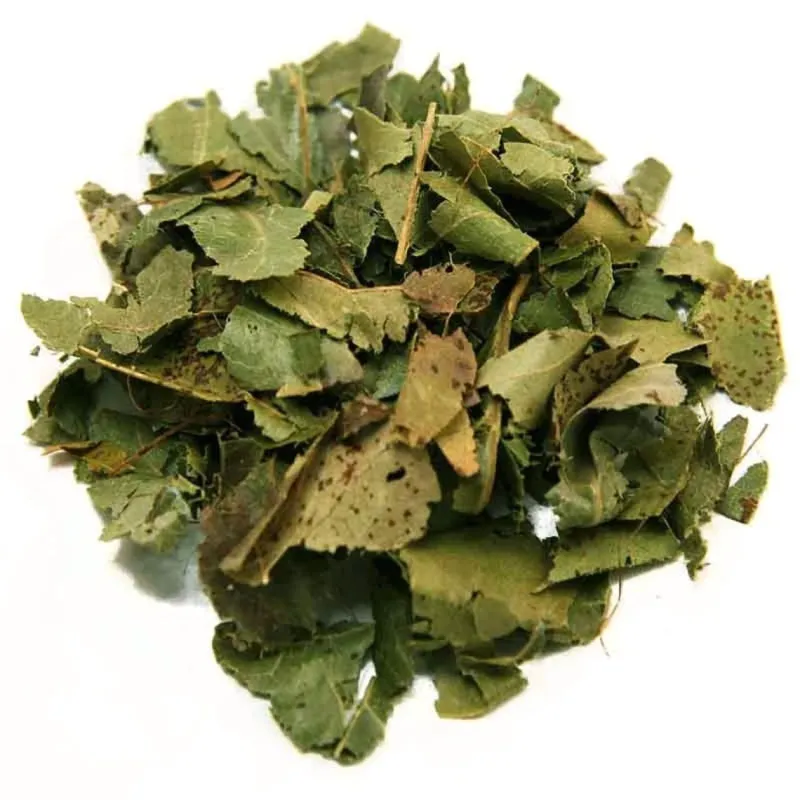
Leave a comment